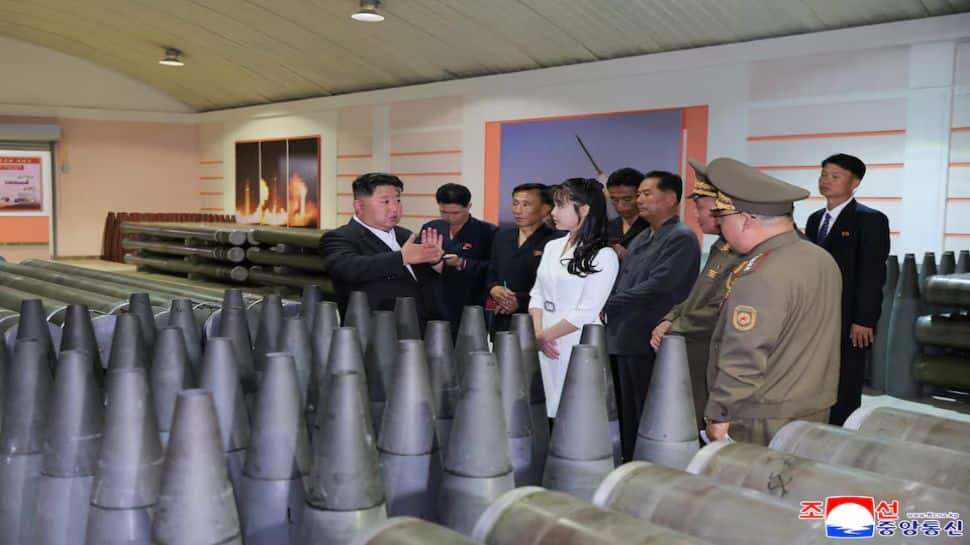Israel-Iran War Assessment: How Tel Aviv Failed Its War Objectives; What It Really Achieved In Tehran | World News

Iran-Israel Conflict: Israeli Prime Minister Benjamin Netanyahu declared that Israel met its military ambitions in Iran after eleven days of non‑stop airstrikes. The stated objectives? To “decapitate” Iran’s nuclear programme and achieve regime change. But independent analysts say both aims remain unfulfilled and that Israel’s aggressive tactics may have produced the opposite result.
Evidence suggests critical fissile material was evacuated from Fordow prior to the U.S. raid, indicating that Iran may have secured its most sensitive nuclear assets. As a result, the central question – whether the nuclear infrastructure was damaged – remains unresolved due to Tehran denying access to external inspectors.
Meanwhile, Israel’s use of bunker-busting bombs, including U.S.-supplied Massive Ordnance Penetrators, was the limit of its offensive capability. While Iran’s nuclear facilities suffered some damage, the full impact is uncertain, especially in the absence of third-party verification.
Israel’s targeted assassinations, including senior Islamic Revolutionary Guard Corpse (IRGC) commanders, have brought unexpected consequences. Instead of weakening domestic support for the regime, those strikes led to a rare moment of national unity. Citizens across Iran, from reformists to hardliners, rallied in defence of their government – viewing the attacks as an assault on the nation itself. The internal solidarity calls into question Israel’s strategy of weakening Iran militarily through leadership decapitation.
Israel’s claim of targeting “regime symbols” such as Evin prison and the IRIB broadcaster was also met with skepticism. The attack on Evin – renowned for housing political prisoners – ended up disrupting detainee lives further, as prisoners were moved to undisclosed locations. The bombing of the state media outlet added fuel to Iran’s propaganda machine, prompting threats against Israeli broadcasters in retaliation.
On the world stage, Israel failed to secure broad support for its campaign. Although U.S. President Donald Trump authorised the strikes on Iran’s nuclear sites, he refrained from full military engagement. Israel’s calls for Iran’s nuclear enrichment to be fully halted – even for peaceful purposes – were not adopted by global leaders, who instead emphasised returning to existing non‑proliferation frameworks.
Today, Iran is once again viewed as a viable international partner for trade and diplomacy contrary to Israel’s efforts to isolate it.
Back on Israeli soil, the toll of Iran’s missile retaliations was evident. Despite Israel’s advanced defenses, Iranian projectiles breached the skies – landing across the country. Interceptors ran dangerously low, supply chains faltered and daily routines came to a standstill. The interruption of commercial flights, public services and daily commerce placed immense strain on Israel’s economy – once again casting doubt on the notion of military superiority.
In Iran, while the damage was significant – hundreds of casualties and widespread destruction – it did not topple the regime. Instead, Tehran weathered the assault, allowed strategic statements through controlled retaliation and maintained diplomatic posture. With the ceasefire now in effect, Iran has managed to present itself as resilient and defiant.
In the end, Israel declared victory but the results remain deeply ambiguous. Neither nuclear facilities nor political leadership appear to have been decisively compromised. Instead, Israel left behind a country more defiant, more united and perhaps more dangerous than before.






